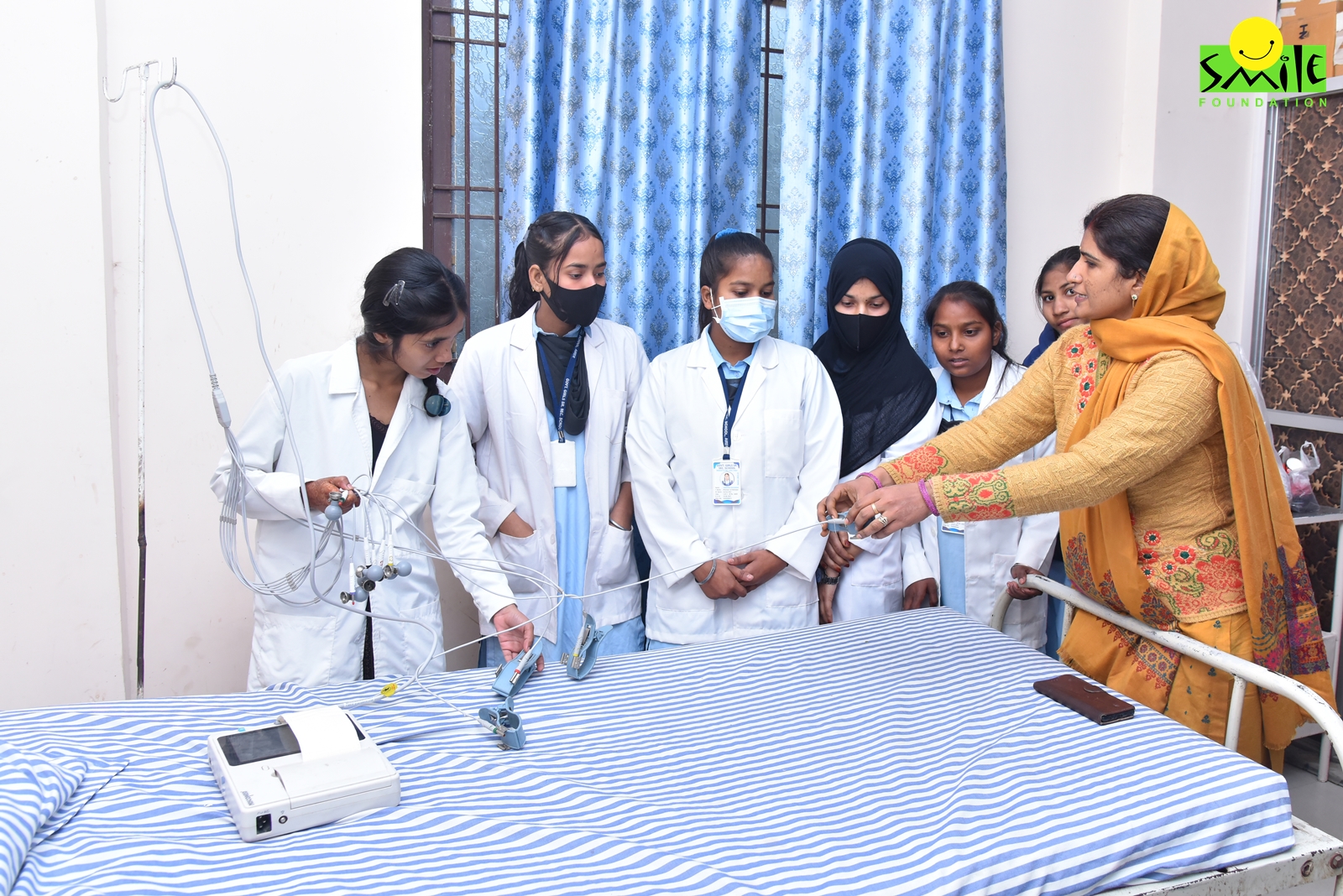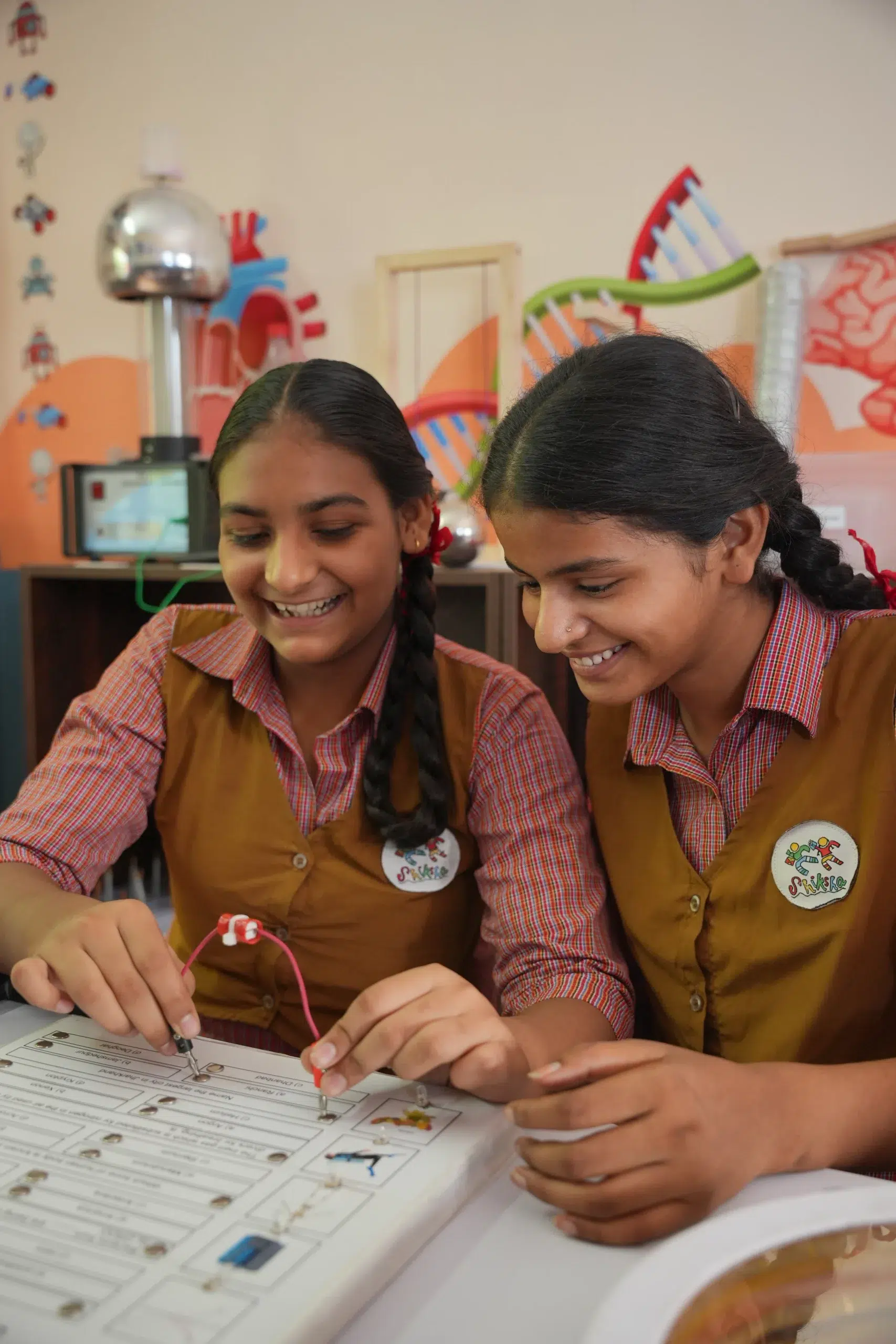Quality education is central to any country’s development and growth. When we think about the greatest institutions of the world, we think of Harvard, Oxford and many others that highlight the tradition of knowledge that has been cultivated in these countries over the centuries. Even in India, we hear of the great universities of the past like Takshshila and Nalanda which not only promoted a culture of learning within the local population but also attracted visitors from far away lands.
This shows that quality education has a significant potential of enhancing a country’s engagement with the rest of the world. It is especially true in today’s world because we are more connected than ever, with ease of movement, and the exposure everyone is seeking to understand global issues. As India continues to grow economically and politically, the role of education in shaping its future becomes increasingly critical.
Current State of Education in India
Since the time of Independence, when most of the Indian population was not literate, we have come a long way and have made impressive progress in this field. However, even after all these decades, several challenges remain. According to UNICEF, poor quality education in India is leading to poor learning outcomes, pushing children out of the education system and leaving them vulnerable to child labour, abuse and violence.
Not just that, while India has built good infrastructure to match its growing demands for quality education, the implementation remains lacklustre. The Annual Status of Education Research (ASER) has shown a grim picture year-on-year about the level of learning in students enrolled in public-funded schools across the country. Additionally, the National Achievement Survey (NAS) 2017 revealed that only 45.2% of students achieved the targeted performance levels across all subjects and classes at the national level.
It is also true that many Indian students are preferring to go abroad for higher education because of an extremely strict competition for seats in premiere institutions like IITs, IIMs and AIIMS. There is an urgent need to develop more such institutions to fulfil the demands of a growing population.
Link between Quality Education and Global Engagement
First and foremost, when an individual receives quality education, they are equipped with the necessary knowledge, skills and competencies that are needed to thrive in a constantly evolving world. The need for newer skills keeps coming up in our globalised world because of constantly changing technology and the requirements of the world.
It is through quality education that critical thinking, creativity and problem-solving abilities are fostered. These are essential for innovation and economic growth. Moreover, education promotes an understanding of diverse cultures and helps build tolerance among individuals. This is extremely important for global engagement and learning effectively from individuals coming from diverse backgrounds and perspectives.
This is why the National Education Policy (NEP) of India also highlights the importance of making education more holistic, flexible, multidisciplinary, aligned with the needs of the 21st century. It aims to bring out the unique capabilities of each student. The policy also aspires to elevate the learning standards of Indians to match the international levels in order to transform India into a hub of excellence.
Challenges in Achieving Quality Education
There are a number of challenges that hinder the process of achieving quality education in India. Let us look at them individually–
- Infrastructural challenges – While India has made a lot of progress in this area, there are still institutions, both schools and colleges, that lack basic facilities like adequate classrooms, clean drinking water, desks for students, and functional and clean toilets. This makes it difficult for students to receive quality education, especially girl students who need access to properly functioning toilets because of their specific needs. In today’s world, where smart classrooms are becoming essential in schools and colleges, this huge digital divide exacerbates the inequalities.
- Quality of teachers – Over the years, several media reports have suggested that the quality of teaching in many schools across the country is not at par with basic standards. Rote learning approach continues to dominate where students are more focused on scoring good marks rather than learning the necessary skills and building qualities among them. Therefore, the need is for training the teachers in newer pedagogical methods.
- Curriculum development – Even today, the curriculum in many schools and universities across India is not aligned with the requirements of industry and society. This creates a huge gap between what is being taught in the classroom and what the students need to function effectively in the real world. There is an urgent need to revamp the curriculum to align it with the requirements of the changing world.
- Equity and inclusion – Even today, students belonging to marginalised sections of the society and those from economically weaker backgrounds do not have easy access to education which is available to those coming from privileged backgrounds. This creates a significant barrier in the paths of a large majority. Therefore, the need is to promote inclusive education in the country.
Role of Higher Education
While school education is essential for building the right foundation, higher education plays a pivotal role in preparing the individuals for thriving in the world. This is why the NEP 2020 emphasises the need for multidisciplinary and holistic education, institutional autonomy, and the promotion of quality research through the establishment of the National Research Foundation.
It is needed that higher education institutions actively focus on international partnerships and collaborations to facilitate exchange of knowledge, research and best practices among students and faculty. This is how India can play an active role in the global knowledge economy. For instance, the IITs and IIMs have established partnerships with leading global universities, enhancing their research capabilities and global standing.
Conclusion
Quality education is essential for India’s development and its engagement with the global community. India can achieve educational excellence by investing in education, enhancing teacher quality, reforming curriculum and pedagogy, addressing infrastructure deficiencies, promoting equity and inclusion, and strengthening higher education. Further, this can drive economic growth, foster cultural exchange and equip individuals with the knowledge and skills needed to address global challenges. As India continues to grow and evolve, quality education will play a pivotal role in shaping its future and enhancing its global engagement.









